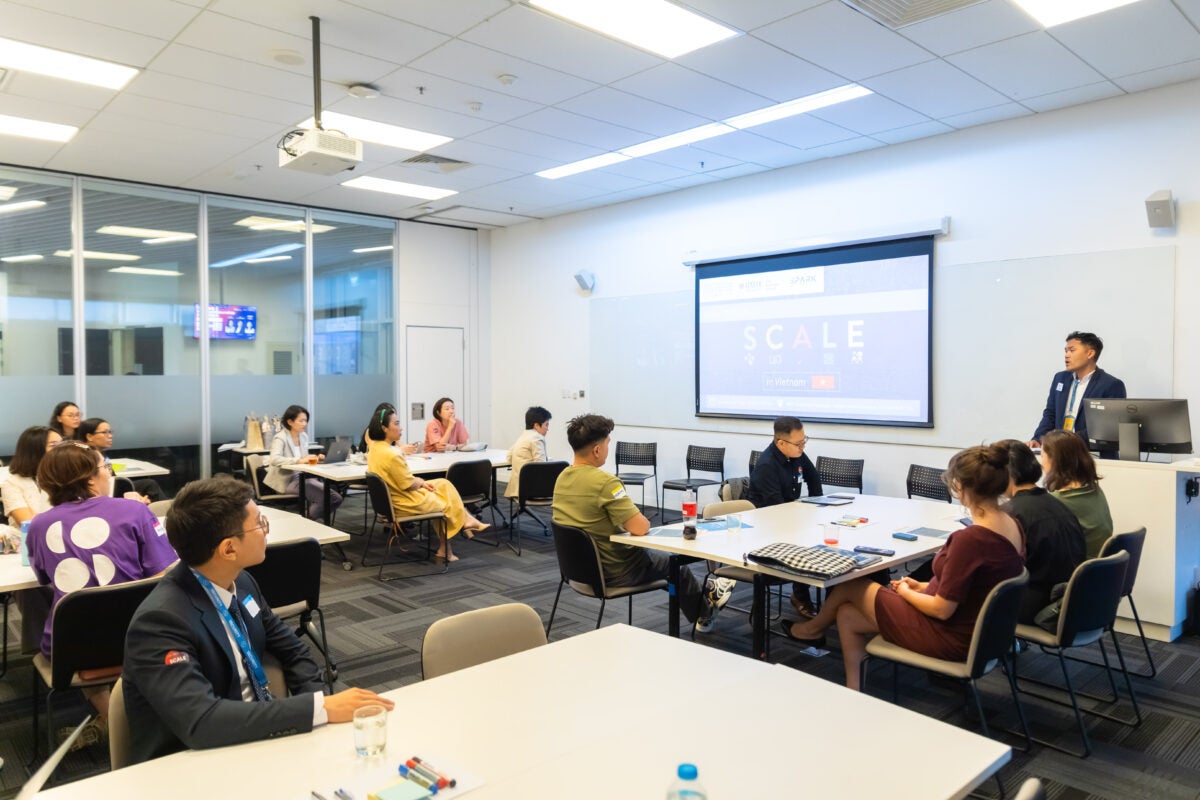Supporting entrepreneurs to scale their ventures effectively requires a thoughtful approach to business development services (BDS). The ANDE East and Southeast Asia Chapter, in collaboration with SPARK Hub and RMIT University Vietnam, shared key evidence-based insights from Argidius Foundation’s SCALE framework, highlighting what sets apart cost-effective, high-impact Business Development Services (BDS) programs from less effective ones.
Here’s a deeper dive into the five pillars of the SCALE framework, as shared by Quan Doan, Project Manager of Dalberg; Eric Kong Vong, Director of Public-Private Partnerships, Reactor School; Trang Vu, Landing Pad Manager of Australian Trade and Investment Commission (Austrade); Van Pham, Founder, CEO and President of Emmay; and Thao Tran, General Director, New Energy Nexus during our session on 19 November 2024.
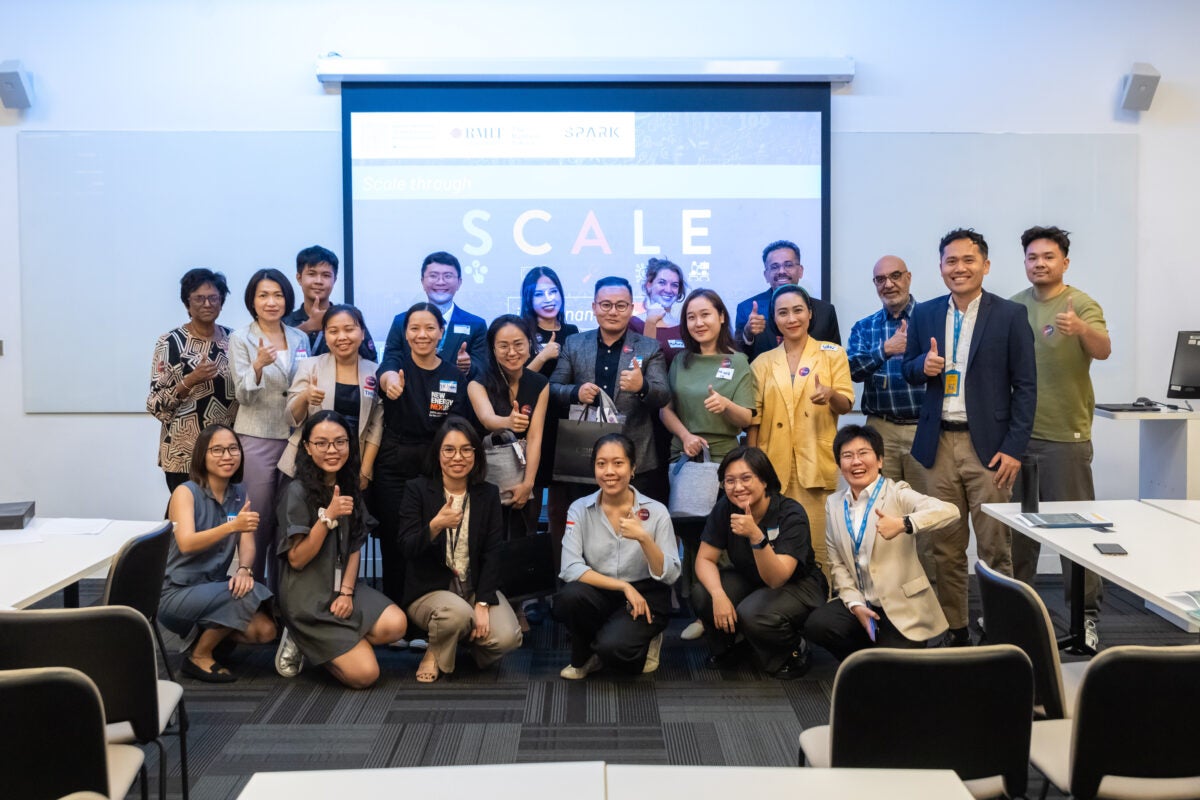
S – Selecting the Right Enterprise
Choosing the right entrepreneurs is crucial to ensuring the success of BDS programs. Providers like Reactor School and NEX take deliberate steps to design effective selection criteria:
- Understanding Market Needs: BDS providers often analyze macroeconomic trends and market dynamics to identify gaps and align their programs with the right target groups.
- An Inclusion Lens: NEX prioritizes underserved groups, promoting diversity and inclusion.
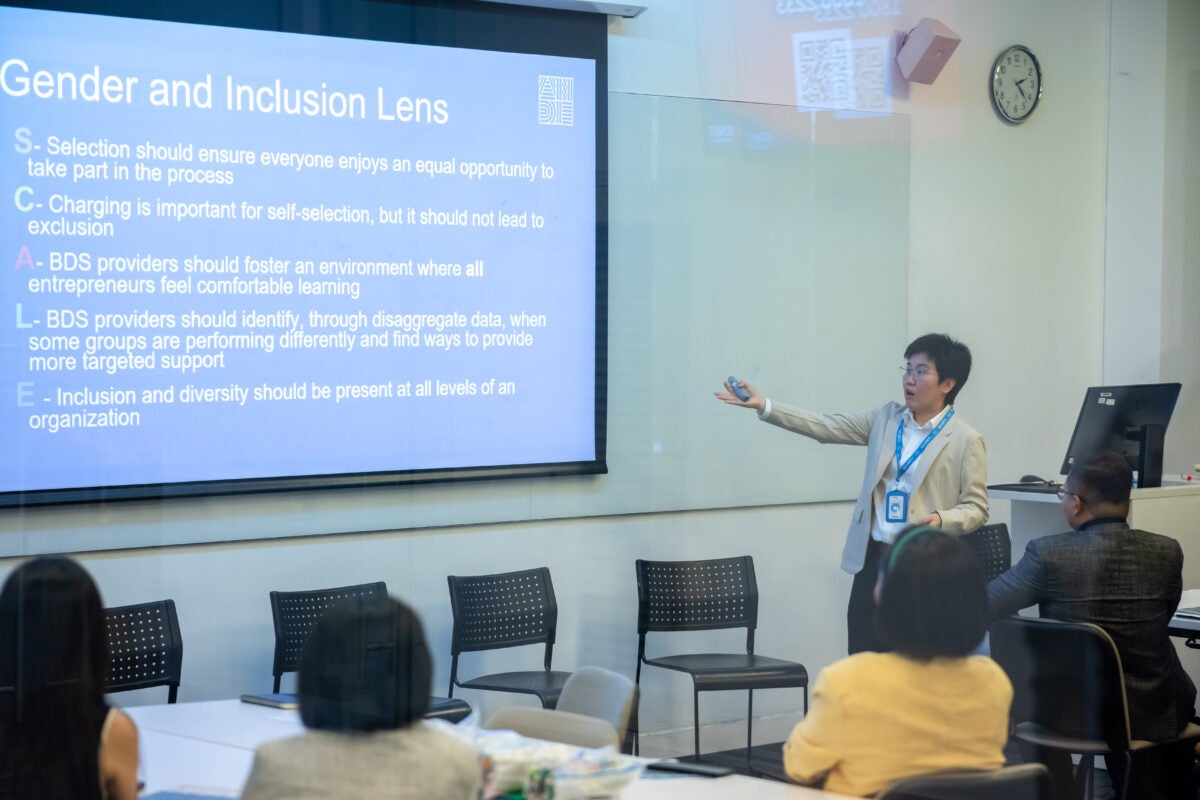
- Clear Selection Criteria: Reactor School focuses on three key factors:
- Relevance of the problem entrepreneurs aim to solve for Vietnamese consumers.
- Strength of the business ideation process.
- Identification of target consumers.

Entrepreneurs themselves emphasize aligning program selection with their needs—whether for networks, finance, or knowledge. For early-stage ventures, cost-effective, non-profit-driven programs often serve as stepping stones. Funders like the Landing Pad program, on the other hand, prioritize export readiness, using toolkits to evaluate candidates.
C – Charging Improves Performance
Charging for services, even partially, fosters accountability and better program outcomes. BDS providers are introducing participant fees to address funding gaps. Concerns remain about deterring early-stage entrepreneurs with limited resources.
Various organizations shared their strategies:
- Subsidized Costs: Reactor School ensures affordability by subsidizing 75% of costs through government funding, with the rest supported by private-sector partners or entrepreneurs themselves. Cashback incentives further motivate participants.
- Catalyst Funds for ROI: NEX’s investment fund model leverages convertible notes, delivering significant returns (30x ROI) while emphasizing commercial agreements and partnerships.
- Shared Costs for Sustainability: Dalberg shifted to charging 50% of program costs, compelling both BDS providers and participants to focus on value and outcomes.
- Funder Perspective: Funders have moved away from full grants, encouraging BDS providers to seek additional revenue streams, such as entrepreneur fees, ensuring program sustainability.
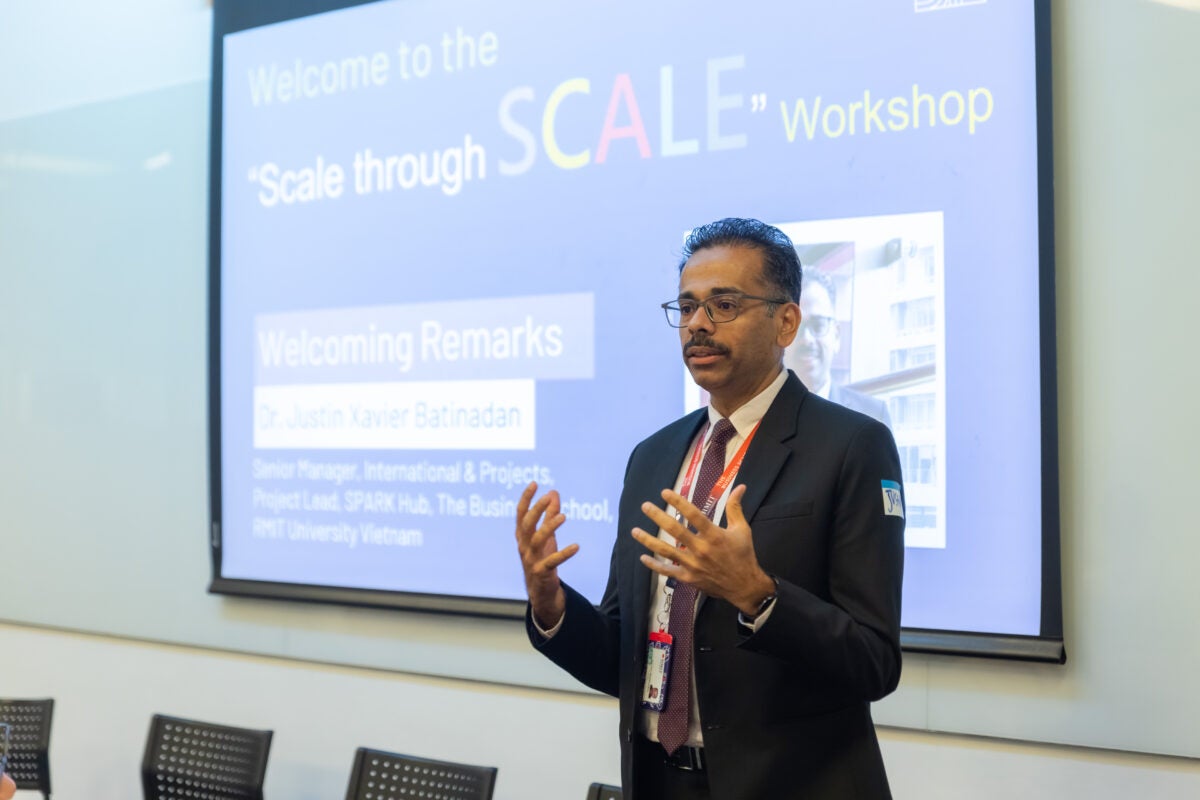
A – Addressing Problems
Successful programs adapt to evolving entrepreneurial needs, focusing on tailored solutions rather than one-size-fits-all approaches:
- Tailored Program Design: NEX transitioned from group training to bespoke programs, drawing on a pool of technical experts to meet specific needs.
- Core Focus Areas: Reactor School underscores the importance of mindset training, customized curriculums, and robust mentorship structures.
Design thinking has become a cornerstone for identifying and addressing real-world challenges, ensuring that programs remain relevant and impactful.
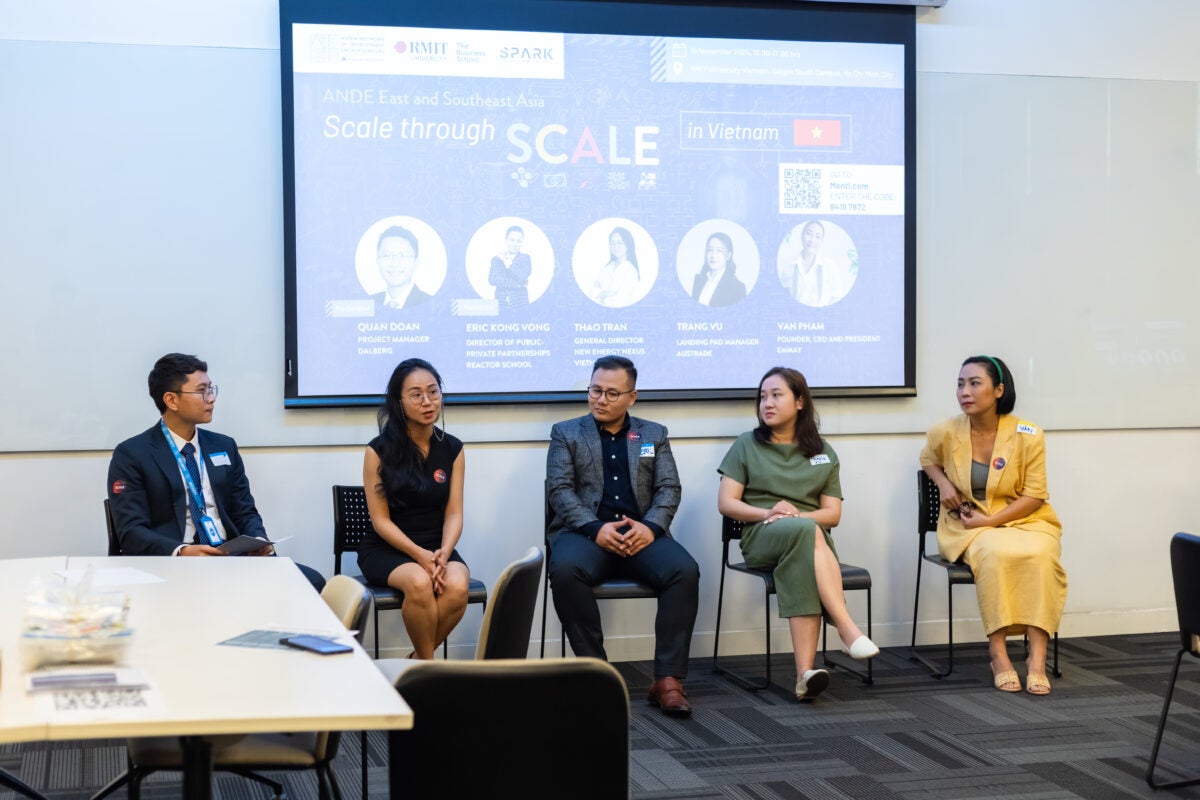
L – Learning by Evaluating Performance
Continuous evaluation helps refine program effectiveness, using a mix of metrics and feedback mechanisms:
- Measuring Outcomes and Outputs: Funders rely on milestone-based payments tied to clear deliverables.
- Impact Metrics: NEX tracks progress through a Theory of Change framework, measuring investment readiness and diversity indicators like female participation.
Before-and-After Assessments: Reactor School’s pitch deck evaluations help entrepreneurs articulate clear value propositions and track measurable progress, such as MVP identification and traction metrics.
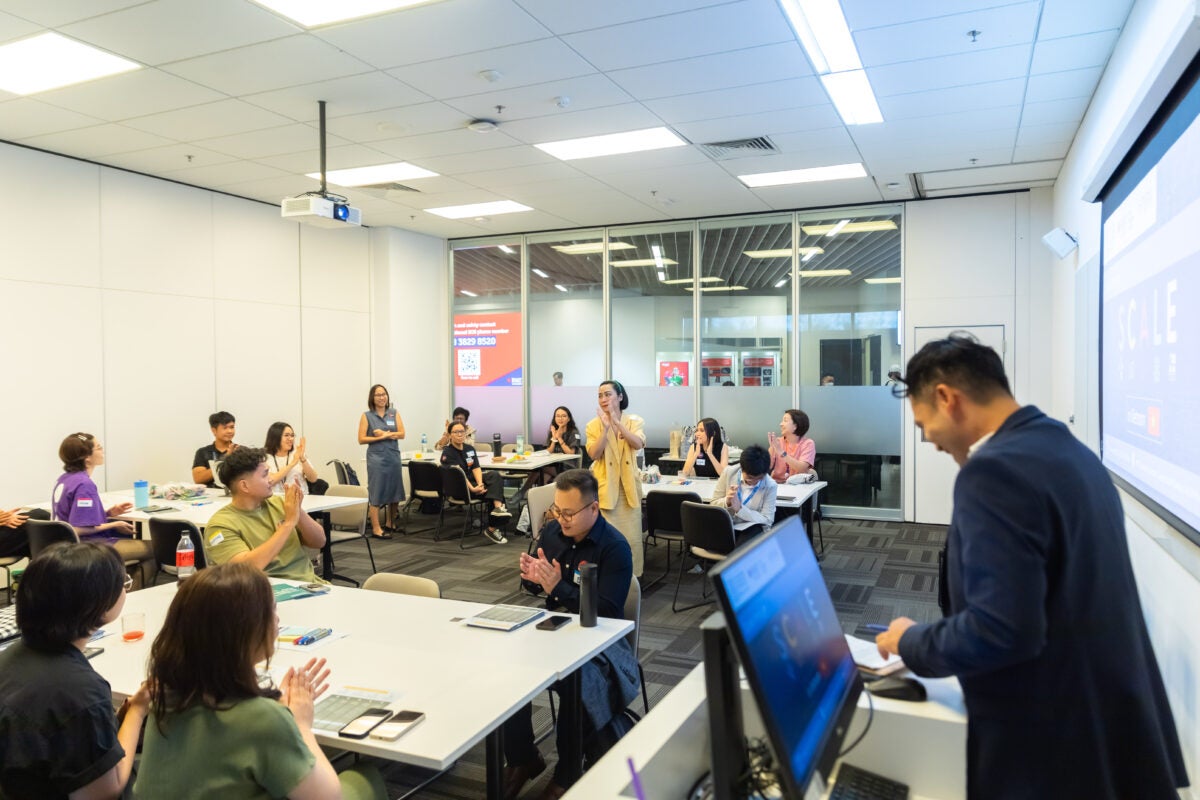
E – Leading by Example
BDS providers must model entrepreneurial agility and adaptability:
- Operate Like a Startup: Adopting an OKR (Objectives and Key Results) approach ensures accountability.
- Collaborative Leadership: Providers should actively seek partnerships and equip their teams with skills by involving them in real-world collaborations.

The Road Ahead
As the ESEA team reflects on insights gathered across Southeast Asia, one message is clear: scaling entrepreneurship demands a collaborative ecosystem that’s as dynamic and innovative as the ventures it supports.
We remain committed to fostering growth and look forward to further engagements with entrepreneurs, funders, and BDS providers in the region. Let’s scale together.
Interested to learn more about SCALE or would like to co-host ANDE Scale through SCALE Workshop in your country, contact Joy Munthamraksa at Joy.Munthamraksa@aspeninstitute.org.
